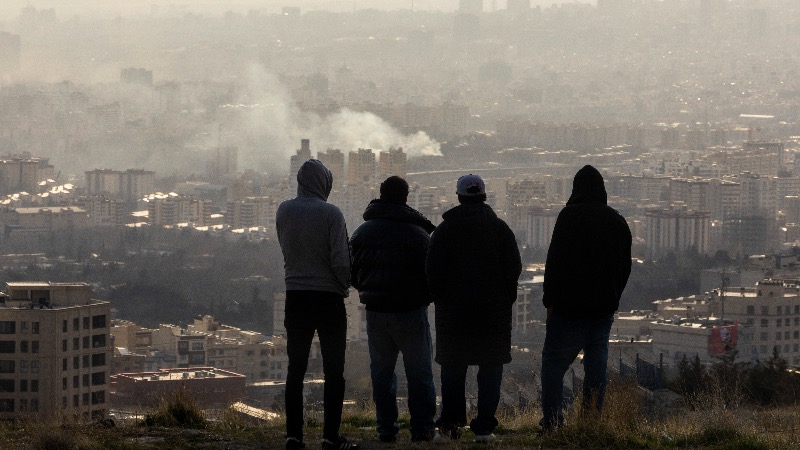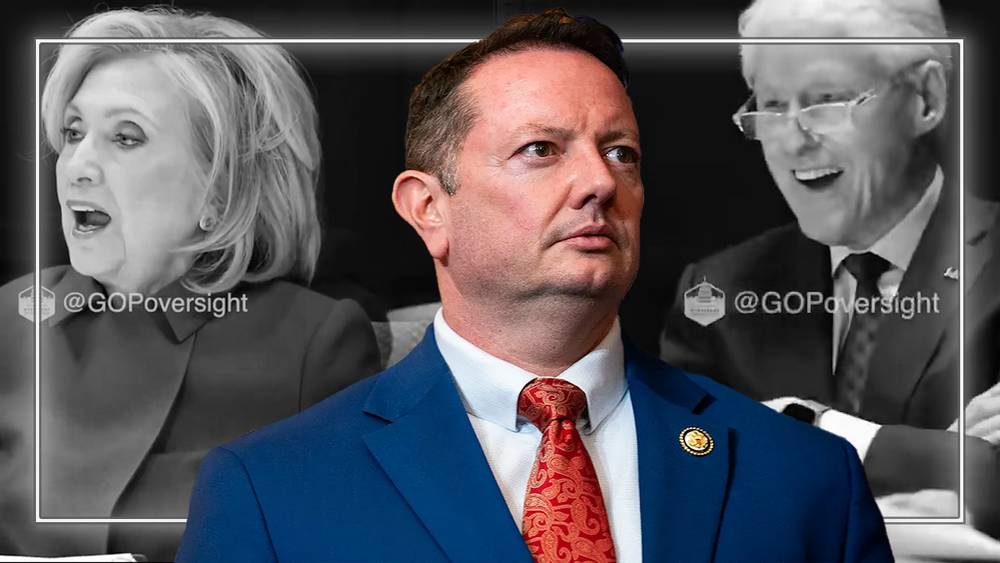
The controversial Ukrainian leader is attempting to purge his political opponents, but has been met with resistance within the country and from his handlers in Washington.
Security analyst Mark Sleboda joined Sputnik’s Fault Lines program Monday to discuss political intrigue in Ukraine as President Volodymyr Zelensky’s position grows more tenuous by the day.
In recent weeks the embattled Ukrainian leader has made attempts to sideline potential political opponents, most notably the head of Ukraine’s armed forces Valery Zaluzhny. But Zelensky has been met with opposition as the controversial leader struggles to maintain the country’s standing on the battlefield.
“Last week, everyone in the Western media told us that Zelensky tried to fire Zaluzhny but failed,” recalled Sleboda. “And there’s different reasons why he couldn’t get his replacements. [Kyrylo] Budanov and [Oleksandr] Syrsky both turned down [the position], then Zaluzhny declined to resign and said, ‘You’ll have to fire me,’ then the West put pressure on him not to do it.”
“But CNN told us that he would be fired by the end of the week, that that was the word from their source,” he continued. “And coming into the weekend, the Washington Post tells us that, over the weekend, Zelensky let the United States know that he was going to fire Zaluzhny, but they weren’t happy about it.”
President Zelensky then appeared on Ukrainian television and announced he was planning a purge of the entirety of the country’s leadership.
“This seems to be, I would think, anger and frustration over his inability to exercise his presidential authority to get rid of Zaluzhny,” concluded Sleboda, noting that the Ukrainian president has been met with opposition from military and intelligence leaders. “And presumably there is other opposition within the regime. We know that [Vitali] Klitschko, the mayor of Kiev, the former boxer who was one of the public frontmen of the Maidan Putsch, he’s come out and attacked Zelensky on multiple occasions.”
The analyst noted that Zelensky has also been criticized by business leaders as well as Petro Poroshenko, the extremist figure who was the first president of the Russophobic government that took hold in Ukraine after the US-backed Euromaidan coup.
“So, the long knives are out and Zelensky wants, evidently, a clean sweep. He’s just, ‘I’m going to get rid of everyone. You’re all against me,’” the analyst insisted.
But Sleboda noted that Zelensky has been widely ridiculed within the Ukrainian government, recalling Ukrainian officials’ characterization of him in Time magazine as delusional and “an emperor with no clothes,” in Sleboda’s words. The analyst called him “an isolated figure that is growing increasingly unhinged from reality. And now he’s apparently lashing out at the entire Kiev regime leadership.”
Sleboda noted that the United States often supports outright dictators internationally if they serve the country’s geopolitical interests; in fact, one study revealed that the US supports 73% of governments deemed “dictatorships” throughout the world.
“We see what tragic consequences the wave of so-called color revolutions led to,” Putin once remarked, noting covert US-backed regime change operations internationally. “For us, this is a lesson and a warning. We should do everything necessary so that nothing similar ever happens in Russia,” he concluded, suggesting that US efforts to interfere in Russian politics would prove to be futile.
The United States has utilized military power and undercover operations through entities like the Central Intelligence Agency (CIA), USAID, and the National Endowment for Democracy (NED) to undermine and overthrow governments in Haiti, El Salvador, Afghanistan, Iraq, Bulgaria, Panama, Nicaragua, Libya, Morocco, Grenada, Angola, Australia, Guatemala, Bolivia, Greece, Chile, Uruguay, Ghana, Indonesia, Cuba, the Dominican Republic, Peru, Brazil, the Congo, Ecuador, France, Laos, Cambodia, Vietnam, Italy, Syria, Costa Rica, Iran, Albania, Korea, the Philippines, and China, among other countries, according to author William Blum who extensively documented such efforts in his acclaimed and eye-opening book Killing Hope.




